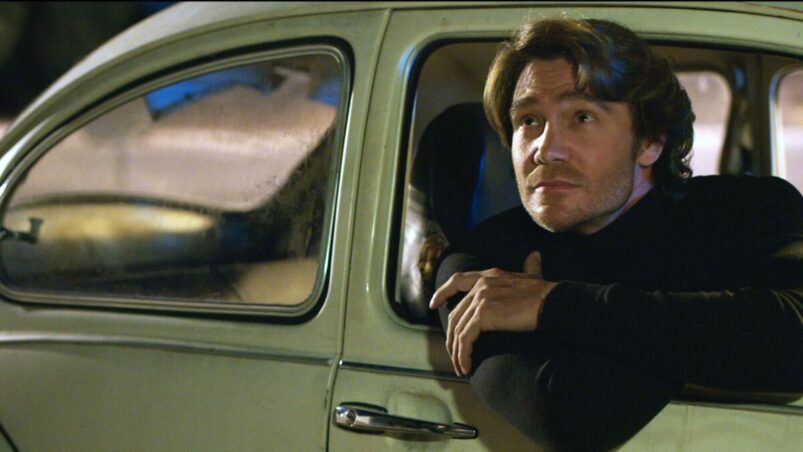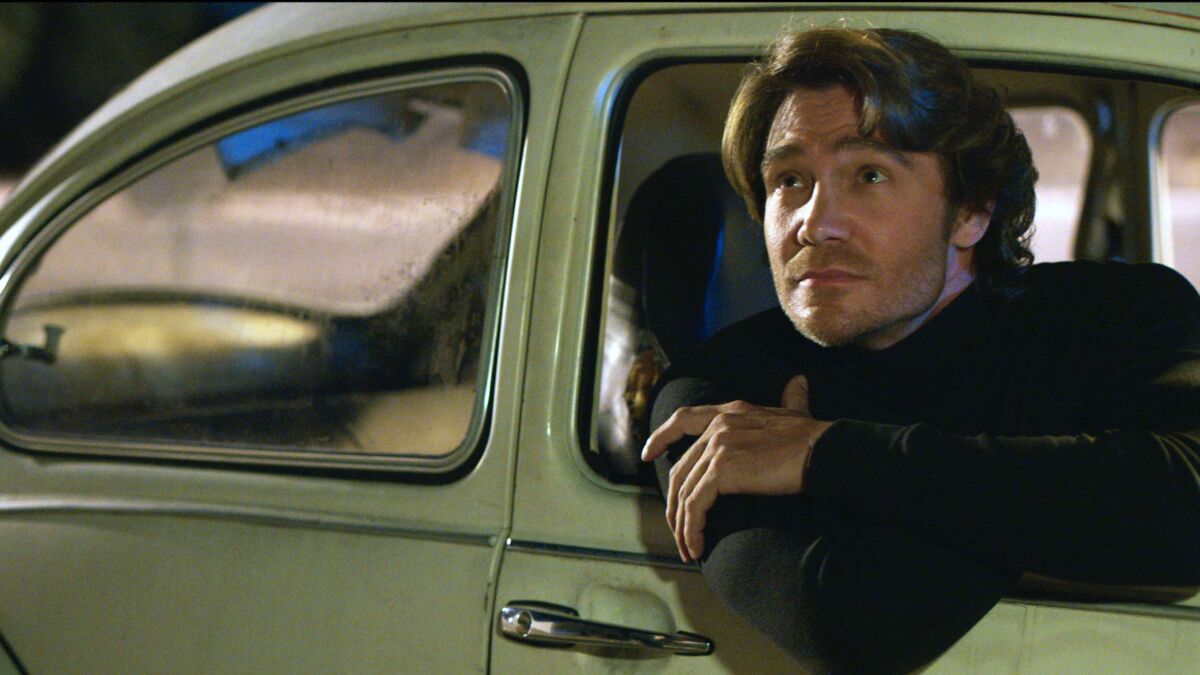With Elijah Wood’s No Man of God getting an end-of-month release, you begin to wonder if it’s the season of Ted Bundy or something, though two films about him in the same month does seem like overkill. While the verdict’s out on No Man of God, director Daniel Farrands’ Ted Bundy: American Boogeyman, on the other hand, is the kind of film that exists, and you wonder why.
Chad Michael Murray plays Bundy here, wandering through the film with a kind of swagger but never exuding a credible malice. Just because Zac Efron had a measure of success with the role does not mean every former teen heartthrob should also try their hand at it.
Murray’s portrayal involves a lot of stares, creepily driving past women walking alone on sidewalks, intrusively peering into houses, and yet, it feels more laughable than scary. The film uses low angles frequently to establish Bundy’s dominance and power, but there is just nothing menacing there. There’s also this badly-conceived kink scene involving mannequins that defies explanation, so I won’t say anything more about it.
The rest of the cast fare no better – Jake Hays as Robert Ressler is snooze-worthy, and Holland Roden, who did great work on MTV’s Teen Wolf, just doesn’t have much to work with. To compensate for Hays’ bland ways, she over-emotes, and tries very hard to make the script work, but her efforts are wasted because everyone else just can’t act. Her conversations with the captain and his son are some of the most bizarre parts of the film – none of them feel like real conversations, and nobody feel like real police. Authenticity – specifically the lack thereof – is a big issue in the film.
After Bundy’s escape from prison, there were swarms of police all over the country on the look-out for him, and a sprawling taskforce handling his case. In Farrands’ film, there’s only Robert and Roden’s Kathleen, and a few others here and there. Visually, this is certainly not the manhunt the film proclaims it’s about. Despite being set in the 70s, everything looks remarkably modern, especially Roden and Greer Grammer’s looks and costuming – the only thing that felt like the 70s was the god-awful moustache they had Murray wear.
The film cuts back and forth between Robert and Kathleen’s ‘detectiving’ and Bundy’s murderous ways, but none of these transitions feel significant. There’s no sense of what the film is trying to convey – is the focus the women that Bundy preyed on, or is it an attempt to get into Bundy’s headspace? It feels irresponsible not to know when you are trying to portray a mass murderer like Bundy. There’s just no care for these women, who are paraded through the film only to be victims for Bundy. Roden’s Kathleen demands justice for his victims, so I find it ironic that the film doesn’t care about anything beyond what it can sensationalise.
While Extremely Wicked, Shockingly Evil and Vile (which has the same producers as Ted Bundy: American Boogeyman) wasn’t the best movie ever conceived, it had a clear intention: a warning about the handsome stranger. It feeds us the façade before dropping the mask to show us the true Ted. This film? I have a feeling Farrands himself doesn’t really know.
Review screener provided.
READ NEXT: 10 Best Film Noir Movies You Should Watch
Some of the coverage you find on Cultured Vultures contains affiliate links, which provide us with small commissions based on purchases made from visiting our site.


